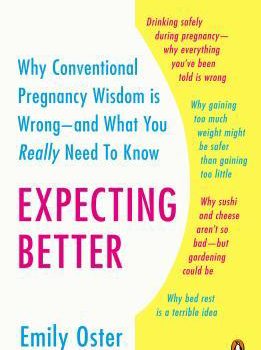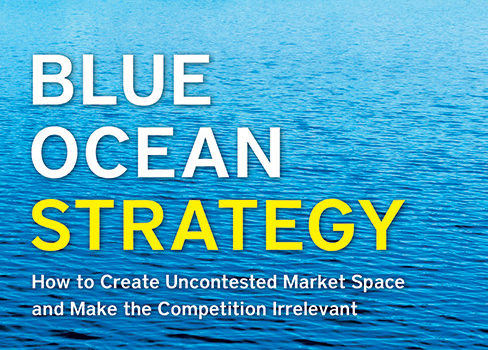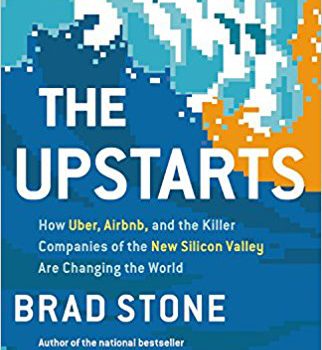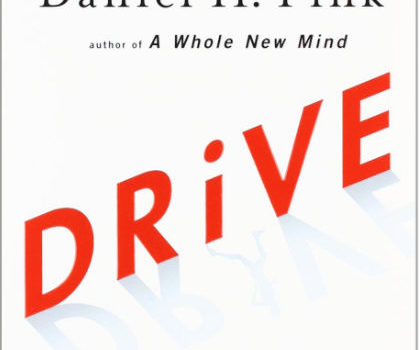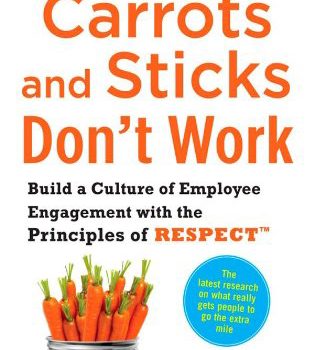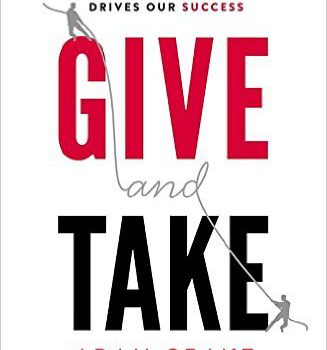Advice on pregnancy is often passed down as conventional wisdom without clear evidence (“Don’t take one sip of alcohol! Don’t clean the cat litter!”).
When the Harvard-trained economist Emily Oster got pregnant, she got tired of the low rigor surrounding most pregnancy advice. She dove into the medical literature and published her findings in Expecting Better: Why the Conventional Pregnancy Wisdom Is Wrong–and What You Really Need to Know.
Even if you don’t plan to get pregnant anytime soon, this is still a useful summary to skim through to learn some new angles on pregnancy, like:
- When during your period is the best time to get pregnant, and when it’s impossible to get pregnant
- Why you can have one drink of alcohol a day and not harm the fetus
- Why “eating for two” is a myth
At the least, read my one-page key facts below.
